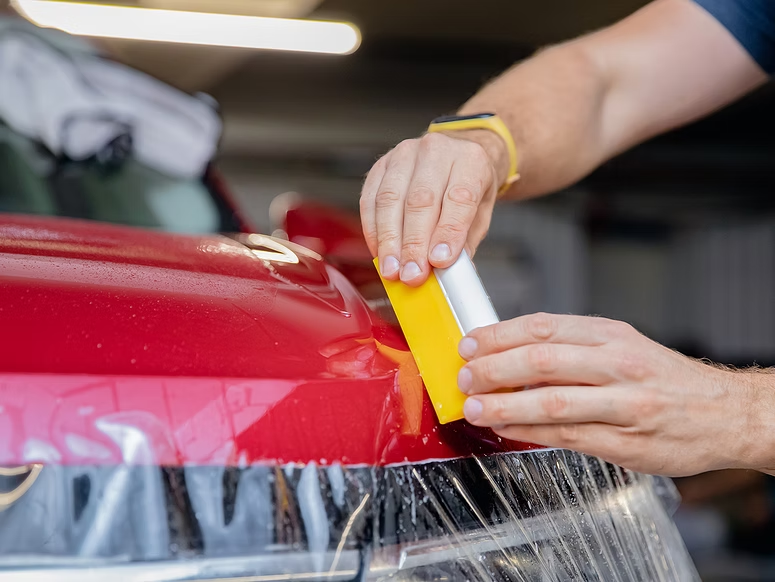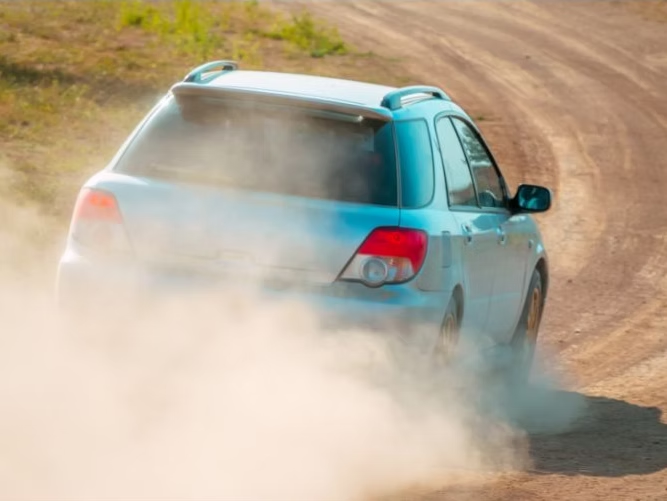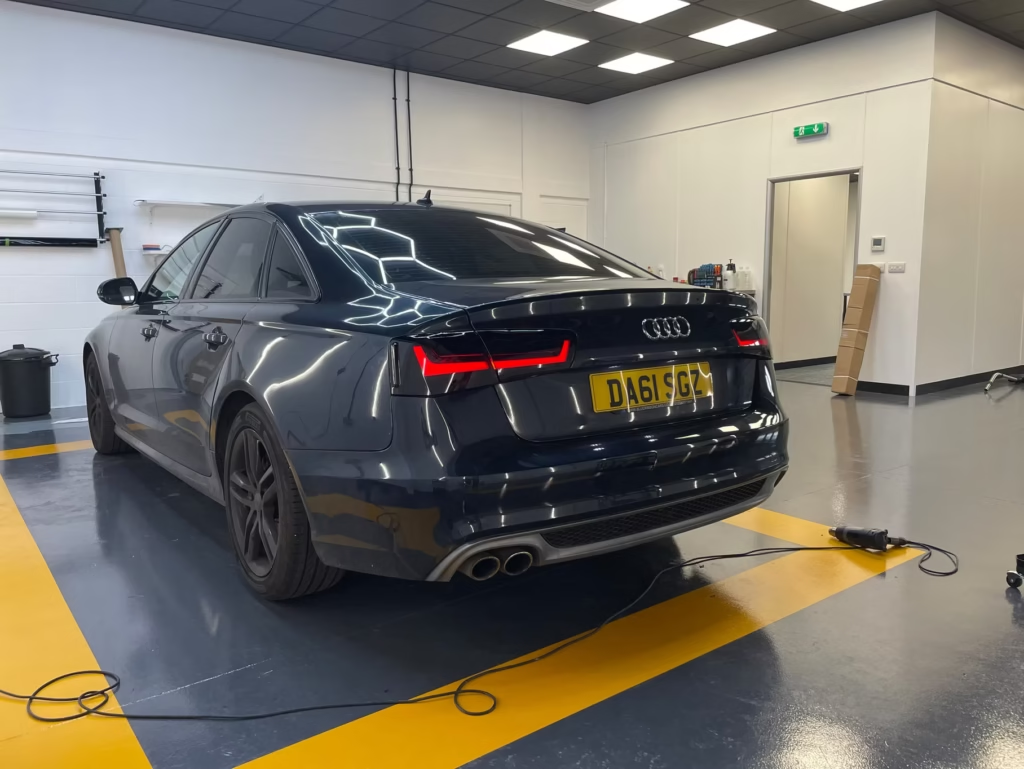// 6 FAQs About Paint Protection Film

We all understand the joy that comes from parking your brand-new car on the driveway at home for the first time. It’s shiny, it’s lustrous and you just can’t stop looking at it. If only it could stay that way forever!
Well, with the help of paint protection film (PPF), there’s certainly no reason why your shiny new toy has to lose its lustre over time, even in the face of our famously inclement weather and all the potholes on the way to work.
But what exactly is this magical product and how does it work? To help you decide if it’s the right choice for you and your vehicle, here are some of the most frequently asked questions about PPF. Want to know more? Give us a shout!
Q. How is PPF installed?
A. Pre-cut panels of film are designed using a specific plotting machine so there’s no need to cut on the car itself. The end result is flawless and near-invisible. We only use ProFilm PPF for our installations, so you can be assured of top-quality installation each and every time.
Q. How do you maintain PPF?
A. Once the film has been installed, wait at least 72 hours before washing the car or waxing it to ensure that the film properly adheres to the vehicle. Only ever use a soft sponge or cloth for manual cleaning and a microfibre or leather cloth for drying. Ensure that the water is clean and free from abrasive materials that could scratch the film.
Q. How long does PPF last?
A. PPF typically lasts between seven to 12 years, depending on the kind of film that’s installed, your typical driving conditions, how well you take care of your car and the level of general wear and tear. All our installations come with a seven to 12-year warranty, so you can choose the best one to suit you.
Q. What types of PPF are there?
A. You’re spoiled for choice when it comes to PPF! You can choose between gloss, where the film is transparent with a lovely shiny finish, or you can go for a satin matte finish (which, incidentally, can hide scratches better than gloss, so if you know your car is prone to damage for whatever reason, matte might be a wise choice).
Q. What is self-healing PPF?
A. You’ll find that the majority of PPF products are self-healing, which means that small scratches on the surface of the film will heal themselves over time, with this technology activated by heat (like the sun or a heat gun). Note, however, that if the film is cut straight through or sustains bad damage, it will not self-heal.
Q. When is it best to get PPF?
A. The best time to have PPF installed on your car is before you’ve even driven it on the road, so it’s afforded immediate protection and you get instant peace of mind. But, really, you can choose to have the product installed at any point.
Looking for the top Vehicle Wrapping and Modification specialists in Yorkshire?
Get in touch with us today to see how we can help.



